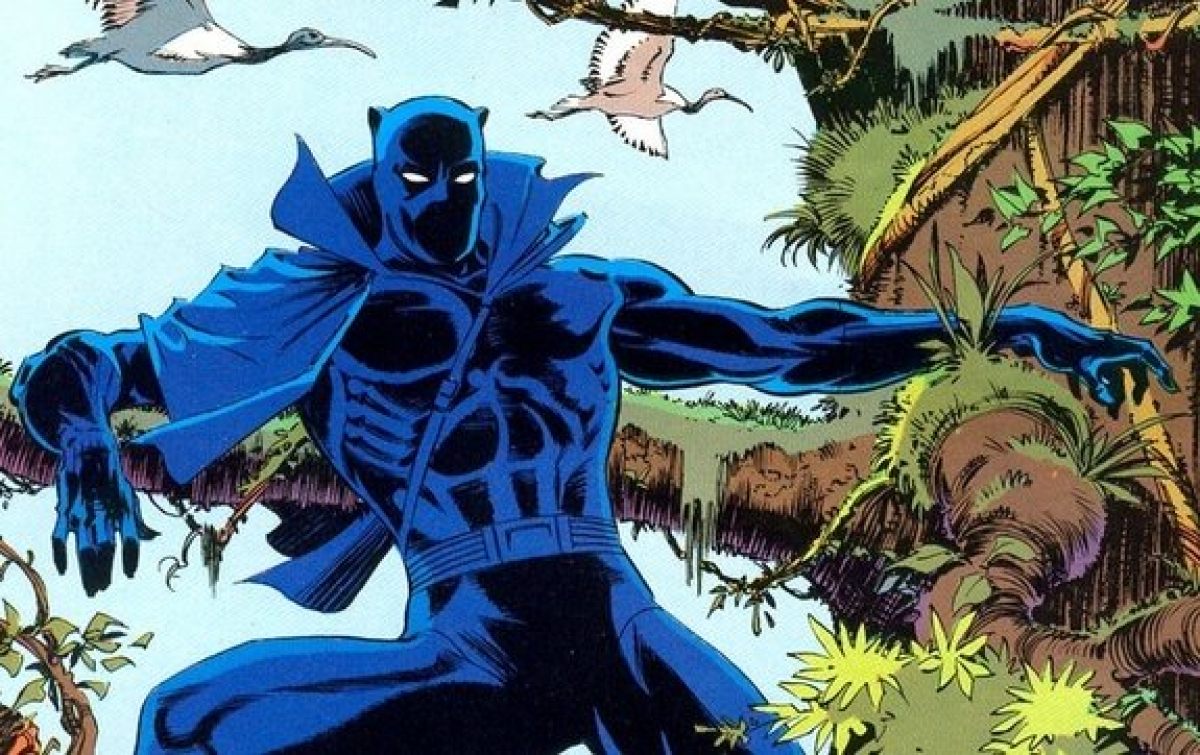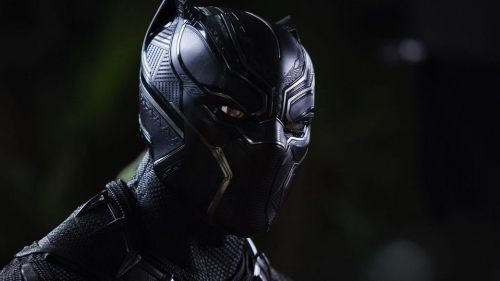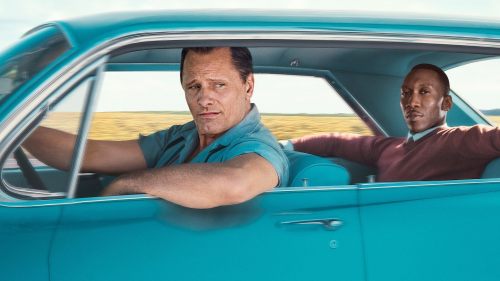Your Guide To More BLACK PANTHER Action
Black Panther is here! Get your tickets now!
So Black Panther is finally out. It’s breaking records at the box office, and most importantly: it’s a great movie. That means it’s going to keep breaking records; people won’t be able to stay away from it.
Before we all rewatch it to exhaustion, though, I’d like to provide some non-cinema alternatives for the Wakandan experience. This way, you can always have something to look at between your back-to-back screenings this weekend.

Black Panther: World of Wakanda (2016) by Roxane Gay and Yona Harvey
Plenty of ink has already been spilled over Coates’ acclaimed solo run, so it’s likely you want to read that if you haven’t already. Coates’ take on Wakanda is as fresh as it is thought-provoking, and personally I think it’s a good comic.
World of Wakanda by Roxane Gay and Yona Harvey was written as a supplement to Coates’ run. It helps add to the world that Coates lays the gridwork for in his book. I believe the two series are inextricable from one another. Gay and Harvey take characters who are framed as villains in the Coates run and expand upon them to expose their fears, motivations, weaknesses and struggles. Gay’s take on the Ayo and Aneka, lovers and ex-Dora Milaje revolutionaries, is a brilliant character study. World of Wakanda serves a feminist commentary that’s long been absent from the franchise, but it also avoids the didactic tone that Coates sometimes channels (his comics sometimes read like polemical essays… but he’s one of the greatest polemicists working).
The one downside to this series is that it was canceled too early. Maybe in the wake of the movie, back-issues will sell well enough to warrant a relaunch.

Black Panther (1998) by Christopher Priest
If you loved Black Panther, but you found it hard to keep up with its regal, operatic presentation then Christopher Priest’s legendary run might be just what you need. Priest treats Wakandan culture and T’Challa himself with utmost respect, but he comes at it with a post-modern sensibility that downplays the mythology behind it all. Priest uses his signature achronological style to tell a whirlwind of a story, one that combines James Bond, with Chuck Jones-esque absurdism, with pre-9/11 political commentary that still manages to ring true.
This is also the book that introduced many of the things the character is still known for today: The Dora Milaje. White Wolf. Everett Ross. The Crew. T’Challa’s pragmatism, his suspicion of world governments, his uneasy relationship with the Avengers. All of it originated from the pages of Priest.

Avengers: Earth’s Mightiest Heroes (2010-2013)
In Black Panther’s first ever comic book appearance, he beat the snot out of the Fantastic Four (Fantastic Four #52). It’s only appropriate that when he’s introduced in this 2010 cartoon, he does the same thing, only to the Avengers. It’s practically Wakandan tradition to dominate Earth’s mightiest heroes!
Avengers: EMH has the most accurate screen adaptation of T’Challa to date, and that’s no knock on Chadwick Boseman. It’s just a testament to the commitment the writers had to bringing these characters to animated life. It’s a shame the series was so short-lived.

Panther's Rage and Panther's Quest by Don McGregor and Gene Colan
This is the big one. The ground-breaking serial that is often called “the first graphic novel.” With his run in Jungle Action (I know, the name is gross, but it was the ‘70s, just work with it) Don McGregor laid the foundational myth of Wakanda and the ritual behind the warrior entity known as “Black Panther”. Don McGregor essentially wrote T’Challa: Year One, and he also introduced T’Challa’s great adversary, Erik Killmonger, the disgraced Wakandan who Michael B. Jordan portrays in the movie.
McGregor was no slouch when it came to the racial implications of T’Challa’s story either. His Panther confronts his Black identity, Pan-Africanism, and civil rights in the US. (His follow-up to Panther's Rage even had T’Challa go up against the KKK.) Also, I wouldn’t be surprised if the lush, beautiful photography of Ryan Coogler’s Wakanda was based on Gene Colan’s layouts in Panther's Quest.

The Black Panthers: Vanguard of the Revolution (2015)
If you sympathized with Killmonger’s plea for Black revolution, but you want to see how something like that could actually play out in real-life, then Stanley Nelson’s documentary about the Black Panther Party is a must-watch. If only T’Challa and Killmonger had Netflix, then they could’ve watched this instead of spending a whole movie fighting each other.

The Binti Trilogy by Nnedi Okorafor (2015-2018)
Now I know I’m playing fast-and-loose with the rules here—I mean, this doesn’t even have a “Black Panther” in the title. But hear me out: in Binti, Okorafor created an Afrocentric scientifically advanced society, much like Wakanda but turned up to 11. It’s my understanding that Letitia Wright’s Shuri will be Black Panther’s breakout character, and that’s a great thing and very well-earned.
The problem is that when new fans of Shuri take to the comics to learn more about her, they’ll quickly find that the comic book version of Shuri isn’t the same character. Or much of a character. (At least, not yet. Coates is working on it.)
Binti, on the other hand, is a story about a charismatic, adventurous, tech genius Black girl who saves her homeland despite every conceivable obstacle. Okorafor writes with the kind of elaborate detail that will remind you of regal Wakanda, and her sci-fi is as jam-packed as a wad of Vibranium. These books are definitely worth checking out if Black Panther got you hooked on Afrofuturism.



